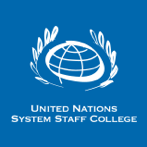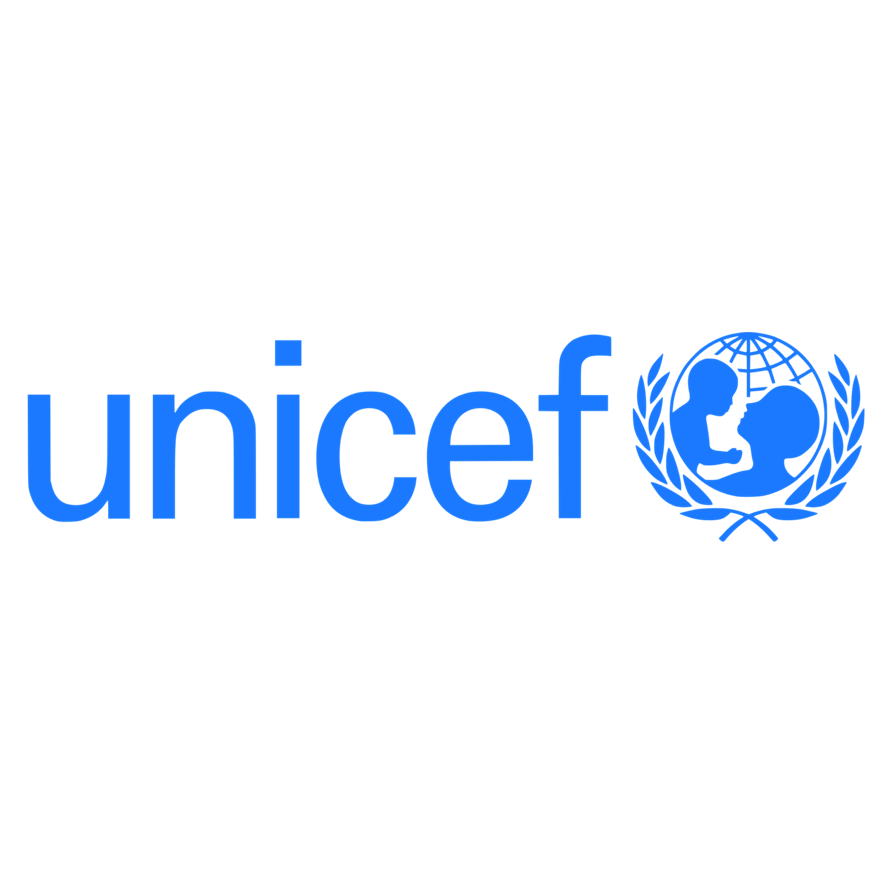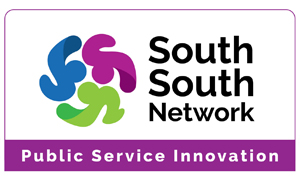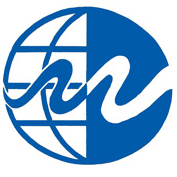CUTS Centre For International Trade, Economics & Environment (CUTS CITEE)
Description
Background
In 1983, Consumer Unity & Trust Society (CUTS) was established as a consumer protection organisation (www.cuts-international.org) in traditional sense. Over the last three decades, CUTS has experienced organic growth and its agenda is not just limited to ëConsumer Protectioní but enhancement of ëConsumer Welfare.í With its headquarters in Jaipur, India and five overseas centres: Geneva (Switzerland), Hanoi (Vietnam), Nairobi (Kenya), Lusaka (Zambia) and Accra (Ghana), the organisation has evolved as a unique policy action- and think-tank working on cognate areas of Good Governance, Effective Regulation and Rules-based Trade.
CUTS involvement with trade and development issues began in early 1990s, when the negotiations under the Uruguay Round of the General Agreement on Tariffs and Trade (GATT) were at its peak. In 1995, CUTS initiated the formation of a network of like-minded organisations from South Asian countries ñ South Asia Watch on Trade, Economics & Environment (SAWTEE) ñ in order to build capacity of civil society organisations in South Asia to better understand trade and development linkages. In 1996, CUTS joined a group of international organisations to help establish the International Centre for Trade and Sustainable Development (ICTSD) in Geneva, Switzerland.
In 1996, CUTS Centre for International Trade, Economics & Environment (CUTS CITEE) was established as a programme centre of CUTS International to focus its activities on understanding the issues and implications of an emerging international trade regime under the aegis of the World Trade Organisation and bilateral/regional free trade agreements.
The first few years of the Centre were dedicated to understand the implications of developmental aspects of multilateral trade negotiations, following which the Centreís work was diversified into issues relating to regional economic cooperation and on larger issues of linkages between trade, development and poverty including issues of development cooperation:
- South-South cooperation such as between and among the BRICS group and other emerging economies
- South-North cooperation, for example sustainability impact assessment of EU-India free trade agreement, Economic Partnership Agreement between the European Union and Africa-Caribbean-Pacific countries
- Trilateral development cooperation among northern donors (and also emerging economies), southern implementers and recipients in poorer countries
In short, over a decade and half, the Centre has consolidated its work on cognate issues of trade and development under three programme areas:
- WTO Issues
- Regional Economic Cooperation
- Developmental Issues
Vision:
Consumer sovereignty in the framework of social justice and economic equality, within vand across borders
Mission:
Pursuing economic equity and social justice within and across borders by persuading governments and empowering people
Goals
- Enable and empower representatives of the civil society and governments, from developing countries in particular, to articulate and advocate on relevant and contemporary issues of trade and development at appropriate fora;
- Create a questioning society through empowerment of civil society representatives to promote transparency and accountability in the system of trade governance;
- Promote equity between and among the developed and developing countries through well-argued policy research and advocacy on emerging and relevant issues of trade and development
Major Achievements
- Close working relationship with several governments in Asia and Africa and in Geneva on trade and trade-related developmental issues
- Developed a vibrant network of civil society organisations and other stakeholders working on trade and developmental issues
- Served on various trade and trade-related committees of the Government of India and represented at the WTO Director-Generalís Informal NGO Advisory Body and Stakeholders Panel on the Future of Trade
- Accredited to many inter-governmental and multilateral bodies such as WTO, UNCTAD, UNESCAP, UNDP, UNEP
- Received support from development cooperation partners and inter-governmental/multilateral bodies working on trade and development issues
SECTOR
Trade
Country
India
SDG
17 - Partnerships for the Goals
Organization Type
NGO
Similar Organizations




